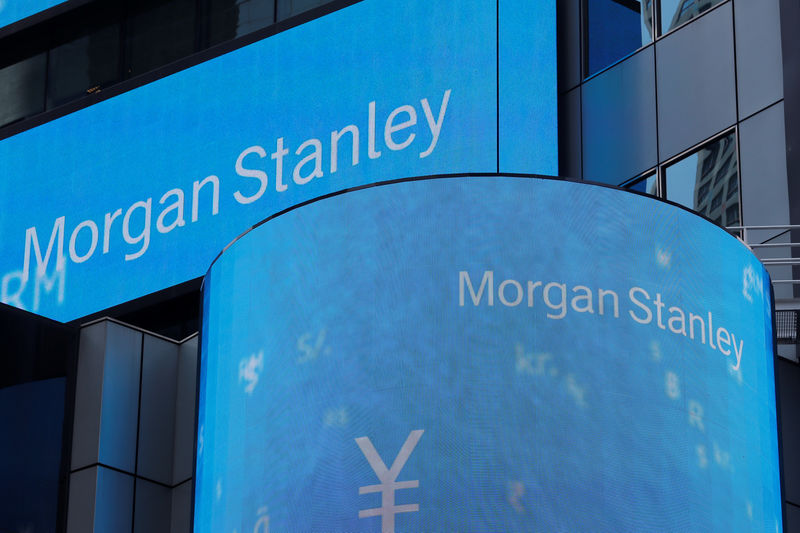Quiver Quantitative - Morgan Stanley (MS) is nearing a settlement of between $200 million and $300 million to resolve a U.S. investigation into its handling of large stock sales, known as block trades. This long-standing probe, which scrutinized the bank's practices that could significantly impact market prices, is set to conclude without criminal charges against the bank. The agreement, which involves federal prosecutors in Manhattan and the Securities and Exchange Commission (SEC), is expected to be announced soon. The penalty will be shared between the Justice Department and the SEC, marking a relief for investors who feared more severe repercussions for one of Morgan Stanley’s key units.
The investigation delved into whether Morgan Stanley employees mishandled information about impending large-scale stock transactions, potentially violating securities laws. This scrutiny extended to the bank's internal controls and their effectiveness in preventing potential abuses. The probe's intensity led to significant personnel changes within the bank, including the departure of the head of its U.S. equity syndicate desk, Pawan Passi, and one of his team members. These developments occurred as Morgan Stanley prepares to report its fourth-quarter results, underlining the probe's impact on the bank’s operations.
Market Overview: -Morgan Stanley reaches a near-$300 million settlement with US authorities to resolve a years-long probe into its handling of block trades. -No criminal charges for the bank, but the investigation rattled clients and exposed potential systemic flaws in information sharing practices. -This outcome marks a partial vindication for Morgan Stanley, avoiding the severe sanctions initially feared.
Key Points: -The multi-year investigation focused on potential misuse of information during large stock sales, a cornerstone of Wall Street's service to major clients. -Regulators scrutinized whether Morgan Stanley had adequate internal controls and safeguards against potential abuse within its equity trading arm. -While the bank avoids criminal charges, questions remain about individual accountability and the broader implications for information sharing across Wall Street.
Looking Ahead: -The settlement paves the way for Morgan Stanley to move forward under new leadership, but the reputational impact of the probe may linger. -Other major banks may face increased scrutiny of their block trading practices and internal controls in the wake of this investigation. -The incident highlights the potential dangers of information asymmetry in markets, prompting calls for enhanced transparency and stricter regulations.
While the firm has admitted the possibility of facing civil liabilities from allegations of causing stock price drops before completing block trades, the specifics of the settlement remain under wraps. The inquiry by the Department of Justice included the examination of communications involving professionals at Morgan Stanley and some of its major clients. However, it is still unclear what, if any, penalties will be imposed on the individuals whose conduct was under close examination during the investigation, as no formal accusations of wrongdoing have been made so far.
The resolution of this case holds significant implications for Wall Street, where discreet handling of large stock sales is paramount for company founders and major stakeholders. Such transactions require careful management to avoid adverse market impacts. Banks like Morgan Stanley often collaborate with hedge funds that assume the risk of acquiring substantial equity positions at short notice. This settlement, therefore, not only alleviates a major concern for Morgan Stanley but also sends a signal about regulatory scrutiny and compliance standards in high-stakes financial transactions.
This article was originally published on Quiver Quantitative
